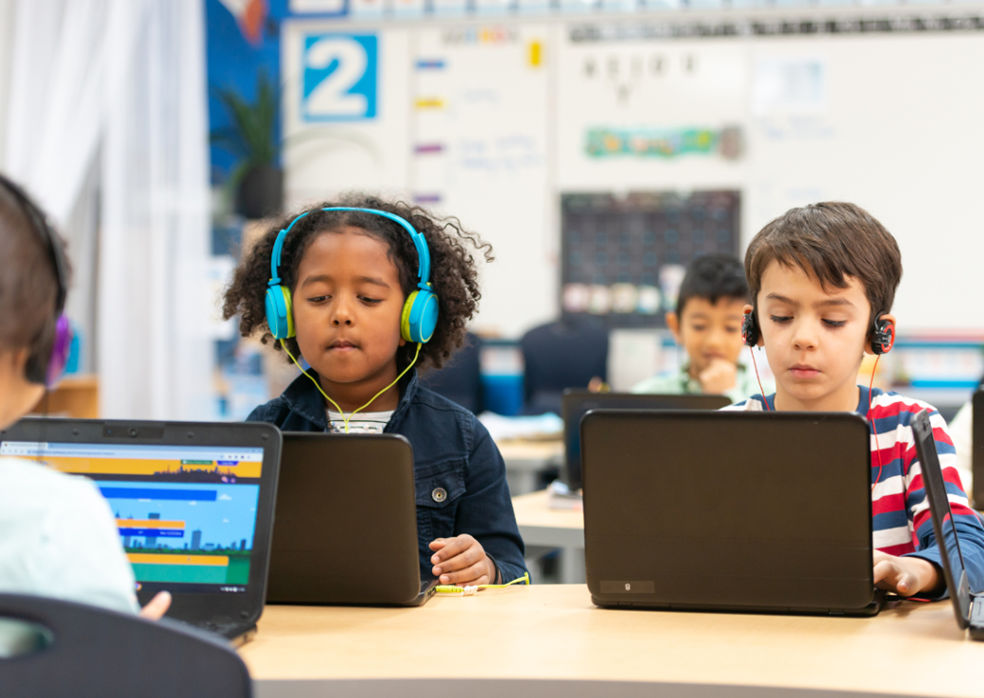This week saw the publication of the draft statutory guidance on Relationships and Health Education for primary schools (and RSE and Health Education for secondary schools). It has been subject to a long consultation process and appears to have been received with mixed feelings.
The guidance is a positive move
Seen in isolation the guidance may cause schools some concern, but when viewed against the wider curriculum and other developments it makes sense and is a welcome update of what has gone before.
Firstly, it’s important to recognize that this is not a new subject to fit into an already overcrowded curriculum. It is more the development of existing practice that draws together the disparate strands. Secondly, it quite rightly recognizes the importance of this subject area and at last gives it the status that it deserves. I know of no primary schools that don’t already teach the principles outlined in the document. Some of this teaching is achieved through a clear curriculum commitment through PSHE, Circle Time or other routes. Other critical elements may be taught through the school’s ethos and values- through the everyday relationships and activities, from every breaktime to a once in a (school) lifetime residential trip. These are at the heart of the school and are all part of Relationships Education.
How will Ofsted impact the guidance?
From September 2019 the new Ofsted Inspection framework is introduced, and schools are promised a greater focus on curriculum. This should bring opportunities to rebalance the curriculum, to draw new priorities. Standards are not disappearing under the framework and of course Literacy and Numeracy will continue to dominate the primary curriculum teaching hours, but schools can take the opportunity to balance their curriculum to place Relationships at its heart. Standards can be maintained and raised because of a rich, broad and balanced curriculum not despite it. At the school at which I’m a governor, due to organizational changes the school no longer teaches numeracy and literacy on Fridays and uses the time for greater emphasis on other curriculum priorities. This has had a positive impact on standards and the curriculum was praised by Ofsted during a recent inspection.
A chance to teach effective digital citizenship
Part of the rebalancing of the curriculum should certainly be targeted at computing. The new national curriculum introduced in 2014 saw disproportionate emphasis placed on coding. This has reduced the opportunity for children to be taught effectively about digital citizenship. Schools of course didn’t choose this, it was very much the emphasis being placed on a new element of the subject. Schools were inevitably pushed down the route of resourcing and training to teach coding. Naturally it became the central component of computing. Messages from the DfE and elsewhere confirmed it at the time. It’s now interesting to read Dr Andreas Schleicher OECD Director of Education suggest that teaching coding is irrelevant for the future.
Why we need to teach pupils about online relationships
Teaching about being online is central to Relationships Education. It runs through four of the five strands; Online Relationships is the explicit one, but how we can avoid blending offline and online learning when discussing caring friendships, respectful relationships or being safe. The online dimension of these is as important to our children today as is the offline dimension- and children see no difference between the two. Paragraph 58 of the guidance states that by the end of primary school many children will already be using the internet. This is a huge understatement. Evidence from OFCOM (Parent and Children’s Media Attitudes and Use 2018) and other sources as well as first-hand experience of talking with very many children from schools across the country indicates very clearly that many children are accessing and using the internet from pre-school let alone the end of primary school. It is essential therefore that children are taught the online element to Relationships thoroughly and effectively.
In summary
Whilst the adoption of Relationships Education should cause little issue for most primary schools there will need to be some adjustment. Most professionally produced schemes of work will indeed be adapted and ready for the off in the coming months. There will also undoubtedly be a plethora of new schemes and resources available to schools. In the most cases these should be unnecessary. However, there is one area that stands out if schools genuinely want to develop a curriculum fit for the 21st Century and that is the provision of first-hand experience in developing friendships and relationships online.
Some of the power of the Internet (and much of the risk) is due to the anonymity it allows. This enables users to build relationships and to communicate more openly than they may otherwise do in real life. It allows the user to create their own images of the people that they are talking with (which may vary considerably from the reality) and it often means they lower barriers far too easily. It also frequently leads users to overshare or be indiscreet. Furthermore, the Internet often can provide an echo chamber amplifying unpleasant behaviour and views. To be able to deal with the issues that arise online children must have first-hand experience of communicating and collaborating online. They need the opportunity to form friendships and relationships in safe secure online environments. The Education for a Connected World framework (UKCIS) referenced in both Keeping Children Safe in Education 2018 and the draft statutory Relationships guidance is an excellent framework for understanding what needs to be taught and when, but without the online tools to deliver it the curriculum will fail to effectively deliver appropriate outcomes.

 Australia
Australia Canada
Canada New Zealand
New Zealand UAE
UAE United States
United States







